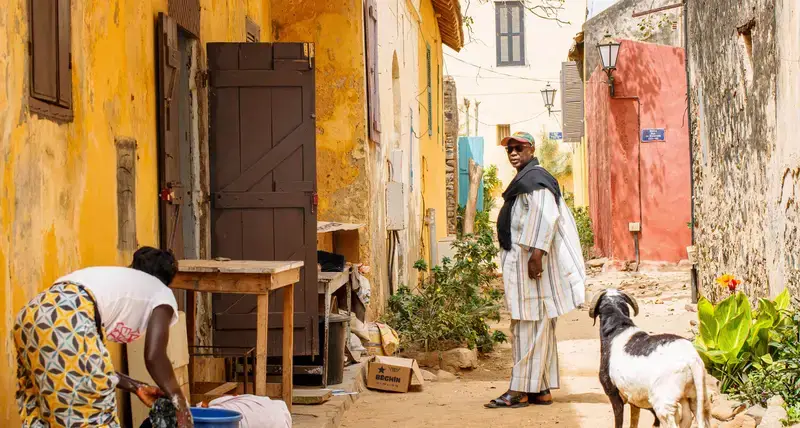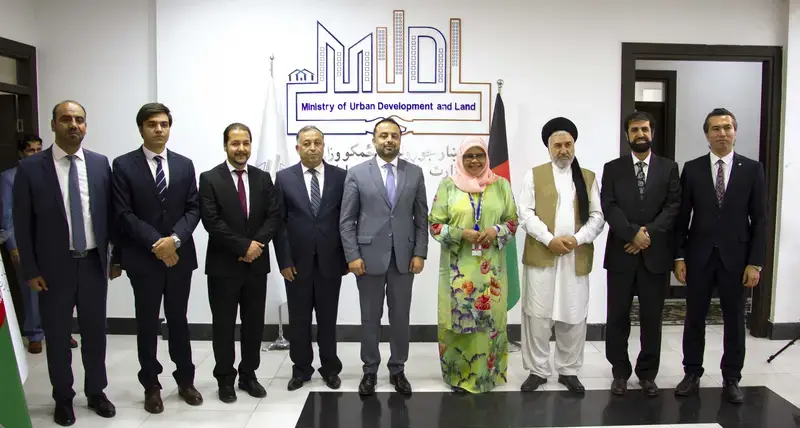Overview
In Afghanistan, not only a long-lasting conflict but also recurrent disasters have been undermining development efforts in the country as the country is prone to hydro-meteorological and climatic hazards and its North and North-East is a highly seismic zone at the fringe of Pamir and Himalayan ranges. Rapid urbanisation and climate change are putting further challenges in the Afghan cities. In order to achieve Sustainable Development Goals in Afghanistan, it is imperative to enhance the resilience of urban communities. From 2017 to 2019, UN-Habitat implemented Project for City Resilience in Afghanistan in two cities, the capital city of Kabul and the third-largest city Mazar-i-Sharif. It demonstrated how to strengthen the capacity of Afghan cities for disaster risk reduction through a people-centred preventive approach and innovations in localizing the Sendai Framework and other post-2015 frameworks and agendas.

